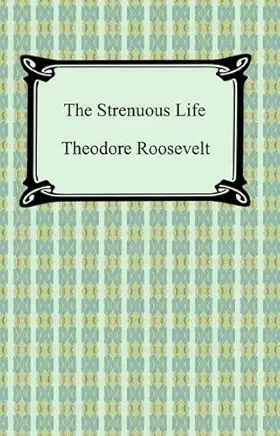
description
t myself if there were anybody else whom I knew as well Eschewing a conventional residence and lifestyle, Thoreau set up home in the woods on the shore of Walden Pond in Massachusetts, a mile from his nearest neighbor, and earned his living by labor of his own hands. Most people, he says are so occupied with the factitious care and toils of life that its finer fruits remain unplucked. So he went to Walden in an attempt to find, in the seemingly simple routines of life stripped to its essentials, the shape beneath what is apparently chaotic. Walden describes Thoreau's domestic economy, the wildlife, the few visitors to his remote wooden hut, and his reflections on the quality of human life in age of growing materialism and of prevailing work ethic. It has become poignant critique of the values of Thoreau's society which retains its relevance and extraordinary power today. A comprehensive paper edition, with an introduction and chronology of Thoreau's life and times
member goods
No member items were found under this heading.
Return Policy
All sales are final
Shipping
No special shipping considerations available.
Shipping fees determined at checkout.







